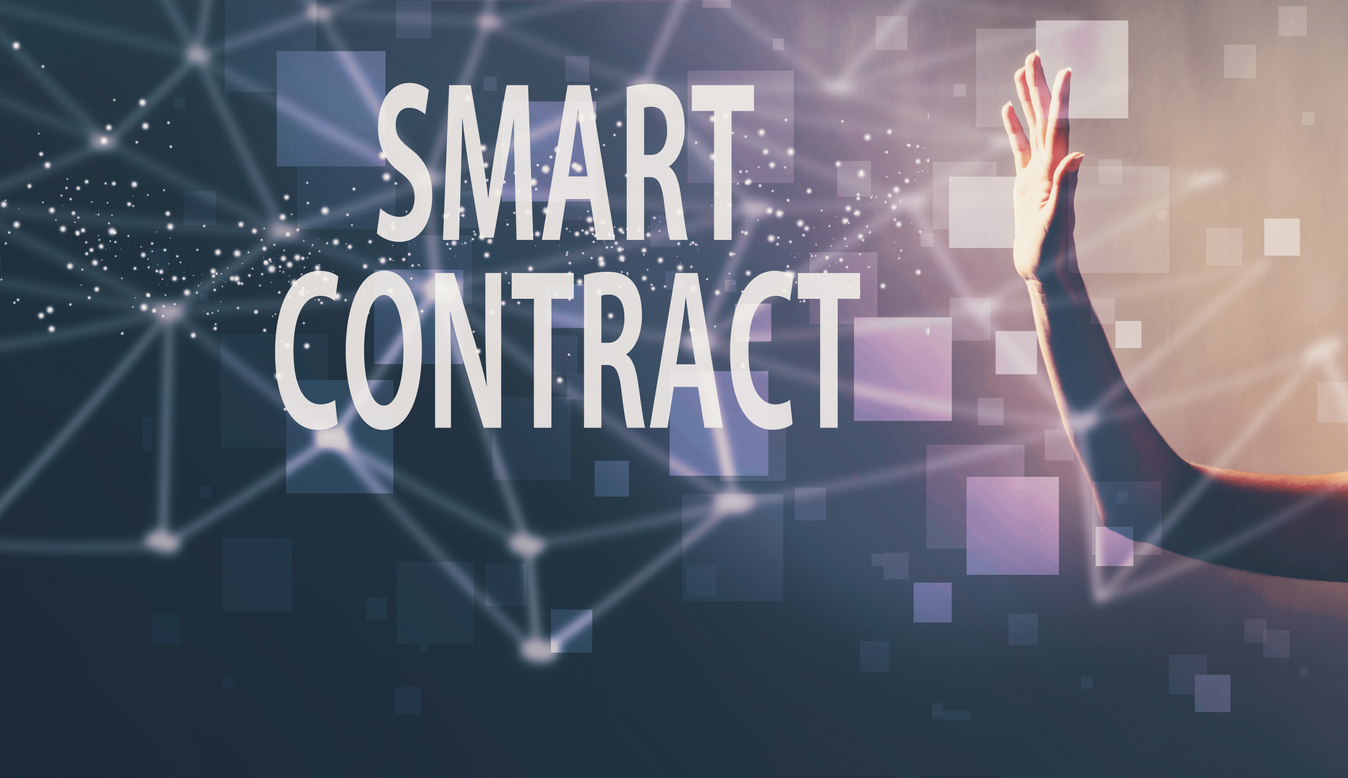A contract is an agreement, usually between two or more parties, that something will happen on behalf of the first party to the contract as a result of some other thing happening on behalf of the second party to the contract.
If that all sounds like an overly complicated way to explain what a contract is, this is exactly why Smart Contracts are a good idea.
Ordinary contracts are usually developed by lawyers, and they’re intentionally designed to be as confusing as possible, using lengthy clauses of high-level words to conceal undesirable attributes of the contract, attempting to give the advantage to one party over the other.
This particular nature of ordinary contracts makes it difficult to conduct business because there is so much potential for distrust and abuse of trust.
It can be difficult to read and understand contracts and it’s expensive to hire lawyers to do the job for you. The vast majority of contracts are also grossly unfair to one of the parties, especially when that party is not a corporate entity.
Smart Contracts do away with these problems, because they provide a means for the conditions of a contract to be automatically executed without risk of contractual breach by either party.
This works by using a feature of blockchain technology that allows transactions to be tracked, validated, and verified.
Smart Contracts can be set up as a kind of electronic escrow service, to exchange value only when the conditions of the contract are met. Unless all the conditions are met, no exchange takes place.
Instead of wordy, complicated contracts, Smart Contracts are very simple. “Pay A when B is delivered,” is basically the nature of a Smart Contract, though much more high level structures can be built into them.
Basically, a computer program takes over the position normally occupied by lawyers. The program makes sure the conditions are met, but more importantly it does this impartially.
This means neither party needs to be concerned that the conditions of the contract will not be met, because the software will ensure that they are. If either side of the conditions is incomplete, there is no exchange of value between the parties. If all of the conditions are met, the value exchange takes place.
Because these Smart Contracts are computer programs, they can include very detailed conditions, but they don’t need to be written confusingly because they’re not created for humans. Smart Contracts are written as step by step instructions to be followed, with a structure similar to:
IF <condition> THEN <result>
More complex structures can be written such as:
IF <condition1> AND <condition2> THEN <result>
IF <condition> THEN <result1><result2><result3>
IF <condition1> OR <condition2> THEN <result>
And so on. The structure can include all kinds of instructions in the result code. For example, if somebody rents an apartment as the condition part of the contract, the result part could include that the money paid is transferred to the landlord, and the utility companies will be contacted to connect the various utilities such as power, water, gas, and telephone.
The automation of these processes simplifies the conduction of business and protects both parties in a transaction.


 Press Releases7 years ago
Press Releases7 years ago
 Business7 years ago
Business7 years ago
 Business7 years ago
Business7 years ago
 Press Releases7 years ago
Press Releases7 years ago
 Market7 years ago
Market7 years ago
 Market7 years ago
Market7 years ago
 Press Releases7 years ago
Press Releases7 years ago
 Tech7 years ago
Tech7 years ago
















